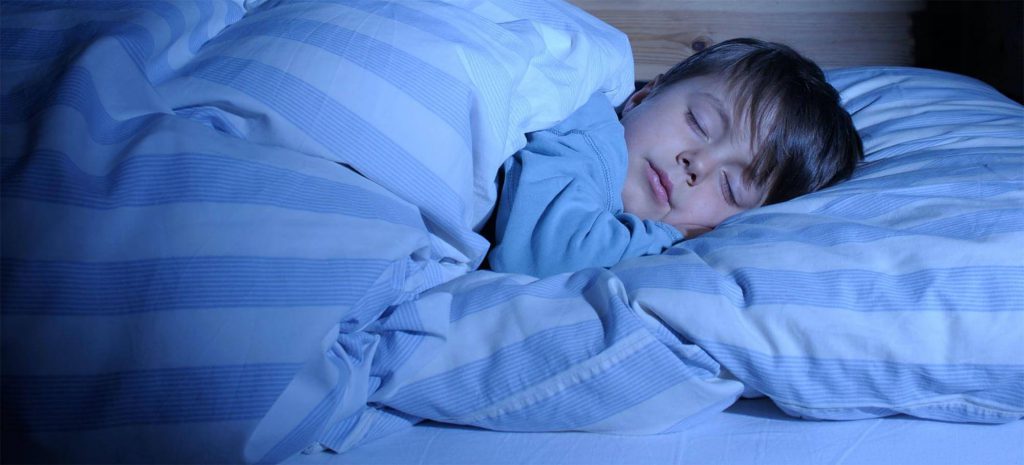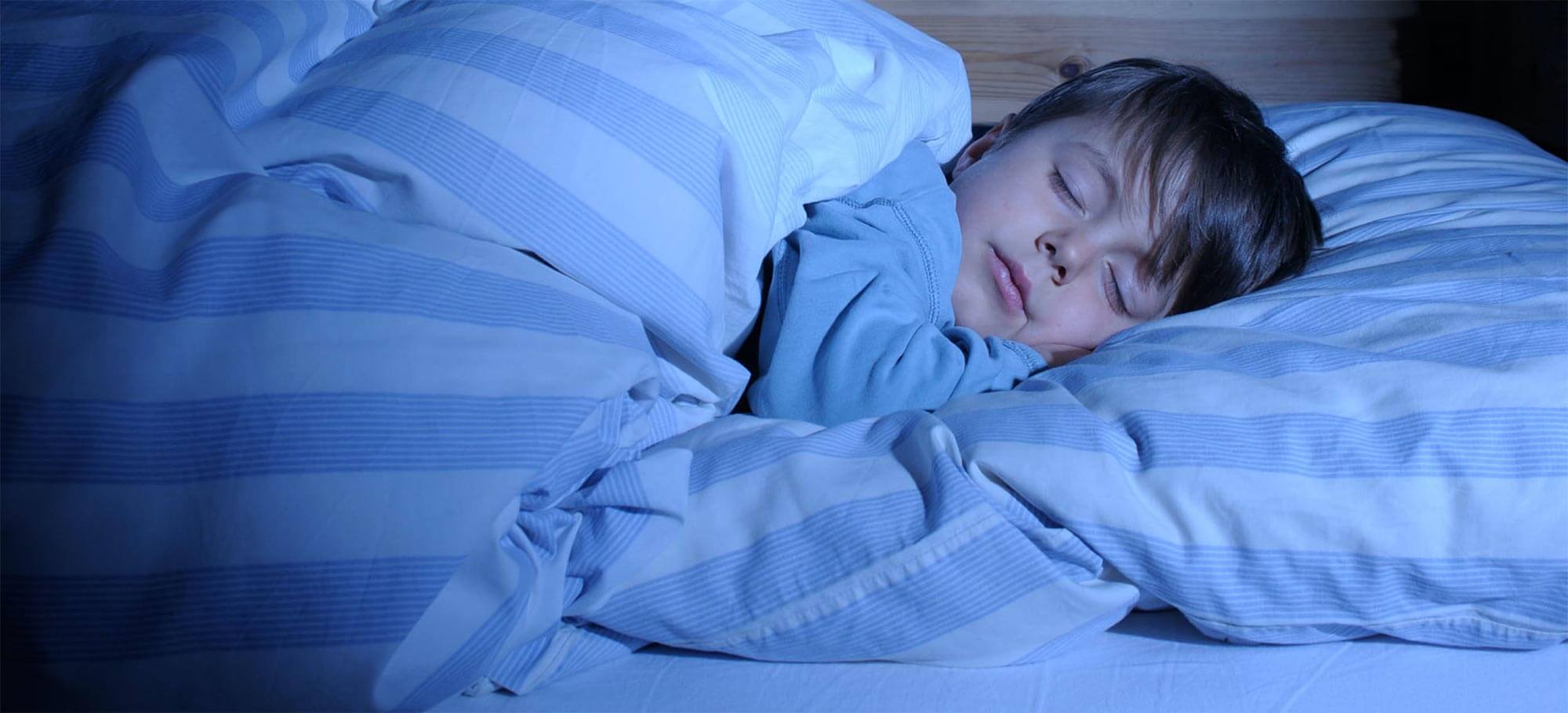Last Updated on October 22, 2024 by Mandy Gurney

Having a child with sleep difficulties is exhausting, but as a parent of a child with neurodiversities your child is more likely to be struggling with their sleep! Research shows about 80% of children with autism have problems sleeping.
Why your child may be struggling with their sleep
- Children with autism often have difficulties winding down and going to sleep. They may repeatedly get out of bed and refuse to go to sleep unless you are close by.
- They may also have problems staying asleep and be awake for many hours during the night, perhaps coming into your room or going to other parts of your home.
- They often find it hard to relax and can have high levels of anxiety, meaning emotional upsets at bedtime and taking a long time to go to sleep.
- Social cueing difficulties can mean your child finds it hard to make connections in terms of pre bedtime activities and understanding that it’s bedtime. They may have developed a series of nightly rituals and routines that potentially delay bedtime.
- They can have a poor concept of time and not realise it’s bedtime or recognise tired signs.
- Research shows many children with autism have irregular secretion of the sleep hormone melatonin, impacting their ability to go to sleep.
- Your child may have sensory difficulties such as sensitivities to smells, sounds, touch and light that could prevent them both falling asleep and staying asleep.
- They may also have medical conditions affecting their sleep such as sleep apnoea, epilepsy, restless leg syndrome, allergies and gastrointestinal problems such as reflux.
What can you do to help your child sleep?
- As most child sleep problems are multifaceted it will help you get a good understanding of your child’s sleeping pattern by filling in a sleep diary for a week or two. This information could also be invaluable when discussing your child’s sleep with health professionals.
- A visit to your GP may be needed to explore underlying medical concerns, as well as a possible referral to a dietician.
- Review your child’s sugar and food to ensure they are having sleep inducing foods rather than high sugar snacks in the evening.
- To help your child understand sleep and the steps of their bedtime routine, visual aids showing their bedtime routine in picture form can really help. You may like to make a booklet or laminate cards and create a Velcro wall chart that you go through with them on the lead up to bedtime each evening.
- You may also wish to create a social story for your child that you read to them each evening that describes their bedtime routine and makes them the centre of the story. Social stories were created by Carol Gray in 1991 and are meaningful short descriptions of activities and specific actions to help children understand and know what to expect.
Children love routine
- Time your child’s bedtime routine so you have a consistent start time each evening and even more importantly, a consistent wake time in the morning.
- Aim to avoid all screens an hour before bed- just 4 minutes of light at the wrong time of the evening can suppress the sleep hormone melatonin.
- Start their bedtime routine with about 10 to 15 minutes of quiet fine motor such as colouring-in, fuzzy felts, sticking or puzzles. Or your child may prefer a relaxing story at this time.
- To help your child unwind, from this point on it’s best not to chat too much. Instead use simple sentences or their visual aid booklet to guide and instruct them.
- Then go for a short relaxing bath in warm water.
- Go straight into the room they sleep in to get dressed for bed.
- To stop your child becoming distracted or loosing focus with the routine it’s best to keep everything around the bedroom and bathroom area.
- Once they are tucked up in bed, read then a bedtime story, at this time of night its best to be to too lively or stimulating.
- Some children find a massage and or soothing music will help them to go sleep. Do whatever you feel is right for your child’s sensory needs.
Check their bedroom environment
- Your child may have their own specific sensory differences that you need to consider.
- Is their bedroom dark, cool and quiet?
- Do they find it more relaxing to have gentle sleep sounds playing and a small amber night light?
- Are there smells that they find upsetting, can you minimise smells from the kitchen and would scented oils help them relax?
If you would like help with your child’s sleep please don’t hesitate to call us to discuss how we can help you and your child.
0 Comments






